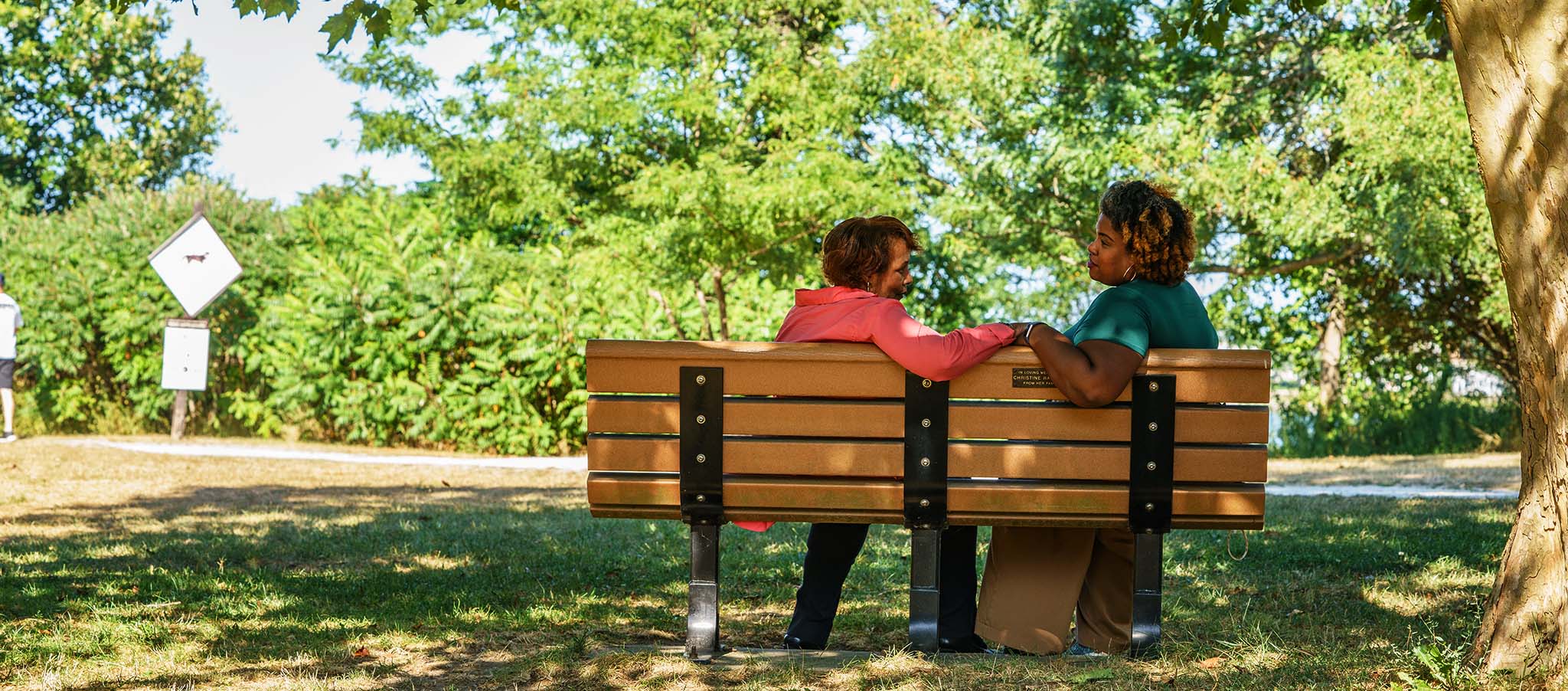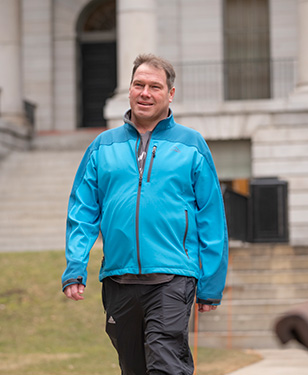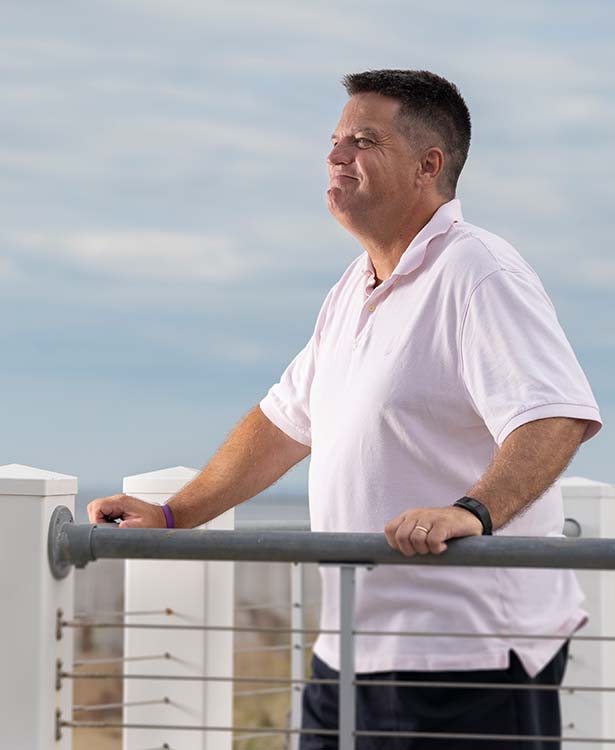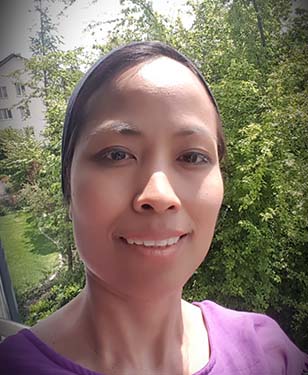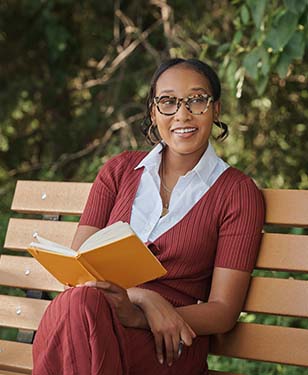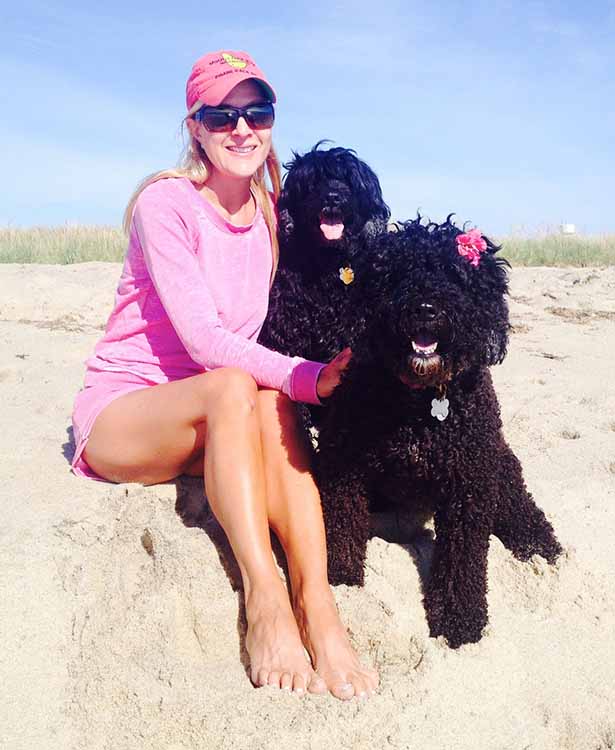Kamaria was 28 years old when her mother, Mary, was diagnosed with early-onset Alzheimer's disease. It had only been five years since Kamaria had lost her father to a brain tumor and stopped being his primary caretaker. It had only been five years since Kamaria had lost her father to a brain tumor and stopped being his primary caretaker. One night, during the journey to diagnosis, Kamaria went out with a friend and broke down crying at the unfairness of it all. But those were the only tears she allowed herself.
"After I had my feelings about it, it was trying to figure out, how do I move forward?"
As an only child who lived with her mom growing up, Kamaria had always been independent. Having learned from her experience with her father, she went into business mode.
"I tend to be somebody who focuses on what needs to be done and deal with the emotional part later," she says. And with an Alzheimer's diagnosis, there is much to navigate and figure out.
The first sign that something wasn't right with Mary was her rapid weight loss—she lost almost 150 pounds without appearing to try. Then Kamaria and others in her close-knit extended family began noticing small personality changes, such as forgetfulness and irritability. But it was a visit from Kamaria's grandmother that spurred her to act.
When her father's mother flew up from Florida, she, Kamaria, and Mary spent the day together. They had lunch at Kamaria's husband's restaurant and visited her father's grave. But when Kamaria mentioned it to Mary a few weeks later, she knew nothing about it and was angry that Kamaria even brought it up. That's when Kamaria realized there was a problem. She quickly started making doctor's appointments.
